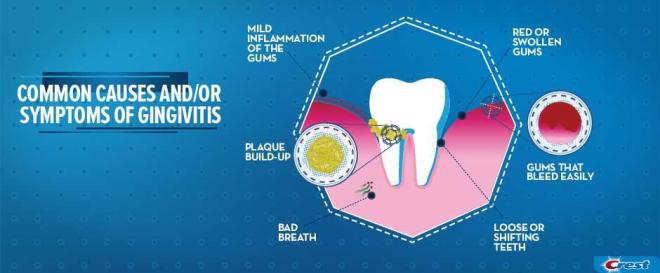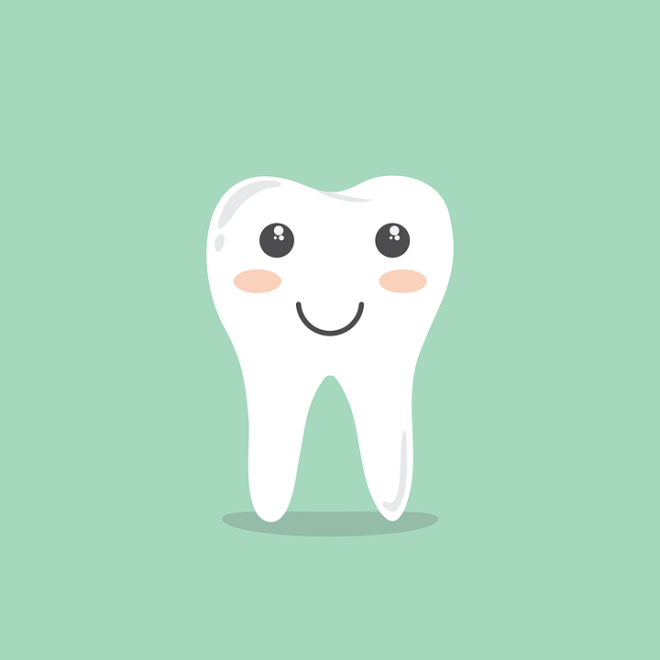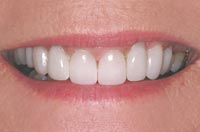Plaque is defined as a soft, sticky, thin layer of bacteria that forms on your teeth. Plaque is constantly forming on your teeth when you eat or drink foods and beverages that contain sugars or starches.
Because the plaque is so sticky, it remains on your teeth, breaking down the enamel and leading to tooth decay. Plaque can also lead to gum disease. Studies have even found that people with gum disease are more likely to also have poor heart health leading to heart attacks. Researchers have found that gum disease can raise the risk of dementia later in life as well.
In order to keep plaque under control, you need to brush twice a day with a fluoride toothpaste and floss daily. Also it is important to have your teeth cleaned by your dentist on a regular basis. Call us at Brogdon Dental to set up your cleaning schedule. Your teeth depend in it!




